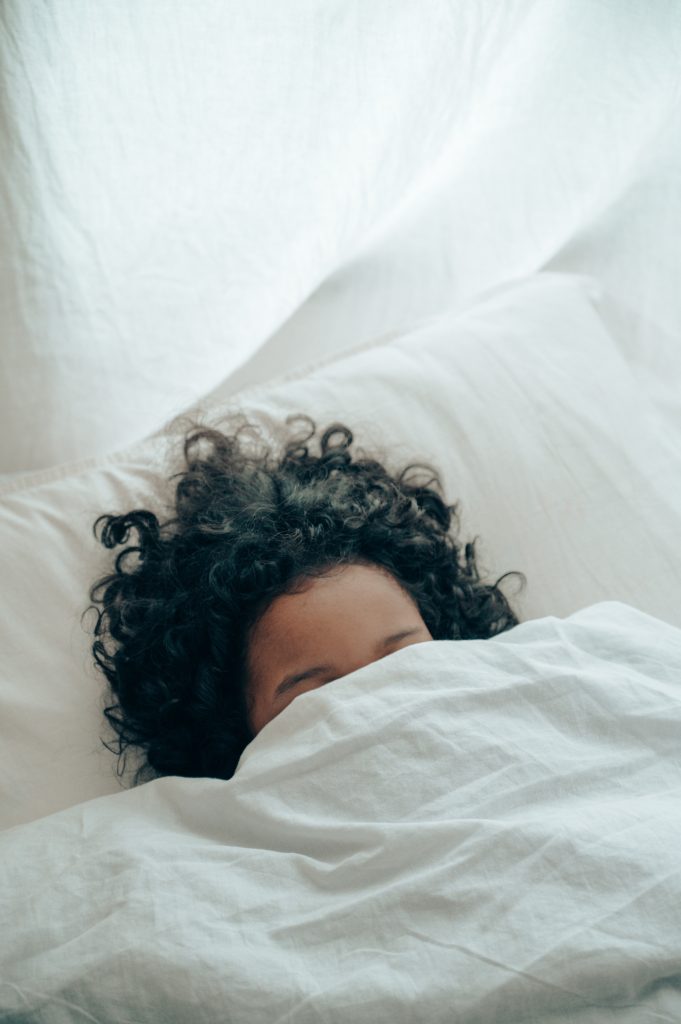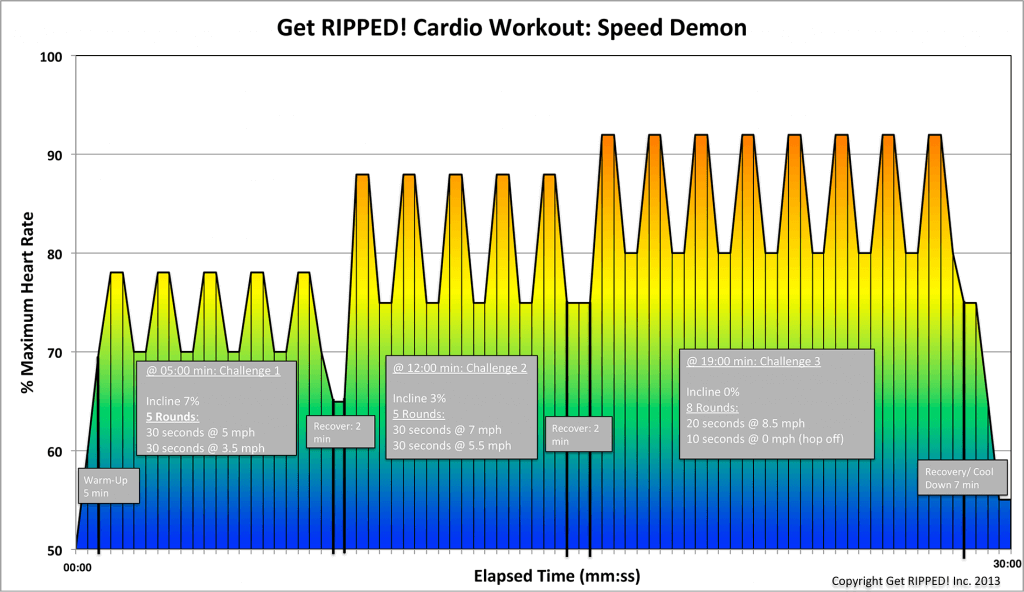Blog
Does Drinking Water Affect Sleep
 If you’re thirsty, drinking water is a good way to rehydrate. Unfortunately, it’s not possible all the time. The problemmay be that you don’t sense that you’re thirsty or realize your dehydrated. Another potential is that the thirst occurs when you sleep. In fact, dehydration may actually cause you to head to the bed, since it can leave you feeling tired and exhausted.
If you’re thirsty, drinking water is a good way to rehydrate. Unfortunately, it’s not possible all the time. The problemmay be that you don’t sense that you’re thirsty or realize your dehydrated. Another potential is that the thirst occurs when you sleep. In fact, dehydration may actually cause you to head to the bed, since it can leave you feeling tired and exhausted.
You may feel exhausted if you’re dehydrated, but still can’t sleep.
No matter how tired from dehydration that you get, it has other symptoms that won’t allow you to sleep. For instance, you may feel extremely fatigued, but the headache, dry nasal passages and mouth and muscle cramps or discomfort dehydration causes makes it difficult to fall asleep. Maybe you take an aspirin with a tall glass of water and think the aspirin did the trick. It was probably the water that washed it down that made the difference.
But wait! Don’t drink a ton of water right before you go to bed.
Drinking too much water too late at night can cause you to wake up to make a bathroom trip. Some people suffer from nocturia, which simply is repeated bathroom trips that interrupt sleep. It even becomes worse if you have difficulty falling back to sleep after the trip to the bathroom. To confuse everyone, even scientists, is a large study of 20,000 people that suggest that people who slept six hours or less tended to have higher rates of dehydration than people who slept eight hours. That means that drinking more water at bedtime could contribute to sleeping less and getting even more dehydrated.
What’s the potential answer.
Scientists believe that the dehydration occurs because of fluid lost through the skin and respiration, especially if the person breathes through the mouth. This is insensible water loss. The body’s natural systems can balance the level of hydration. During sleep, it produces a hormone called vasopressin, that increases the ability for the body to enhance water retention. It’s near the end of the circadian rhythm cycle and if sleep is cut short or interrupted that process is incomplete and contributes to dehydration.
- Get adequate sleep to prevent dehydration and for your overall good health. Make sleep a priority by scheduling it and sticking with the schedule. Turn off electrical devices like computers and sleep in a dark room.
- Make sure you hydrate throughout the day by sipping water regularly or carrying a water bottle with you and tracking your consumption. Avoid sugary, caffeinated and alcoholic drinks. Eat food with a high moisture content.
- Keep your bedroom cool and comfortable. If it’s so warm you sweat, you won’t sleep as well and be more likely to become dehydrated. Have lighter loose clothing and breathable bedding to prevent getting too warm.
- Limit your consumption of fluid an hour or two before you go to bed and go to the bathroom right before you retire. It can help to elevate your legs a couple of hours before bedtime, so the body can reabsorb the water and eliminate it that would otherwise occur when you sleep.
For more information, contact us today at Get RIPPED!


